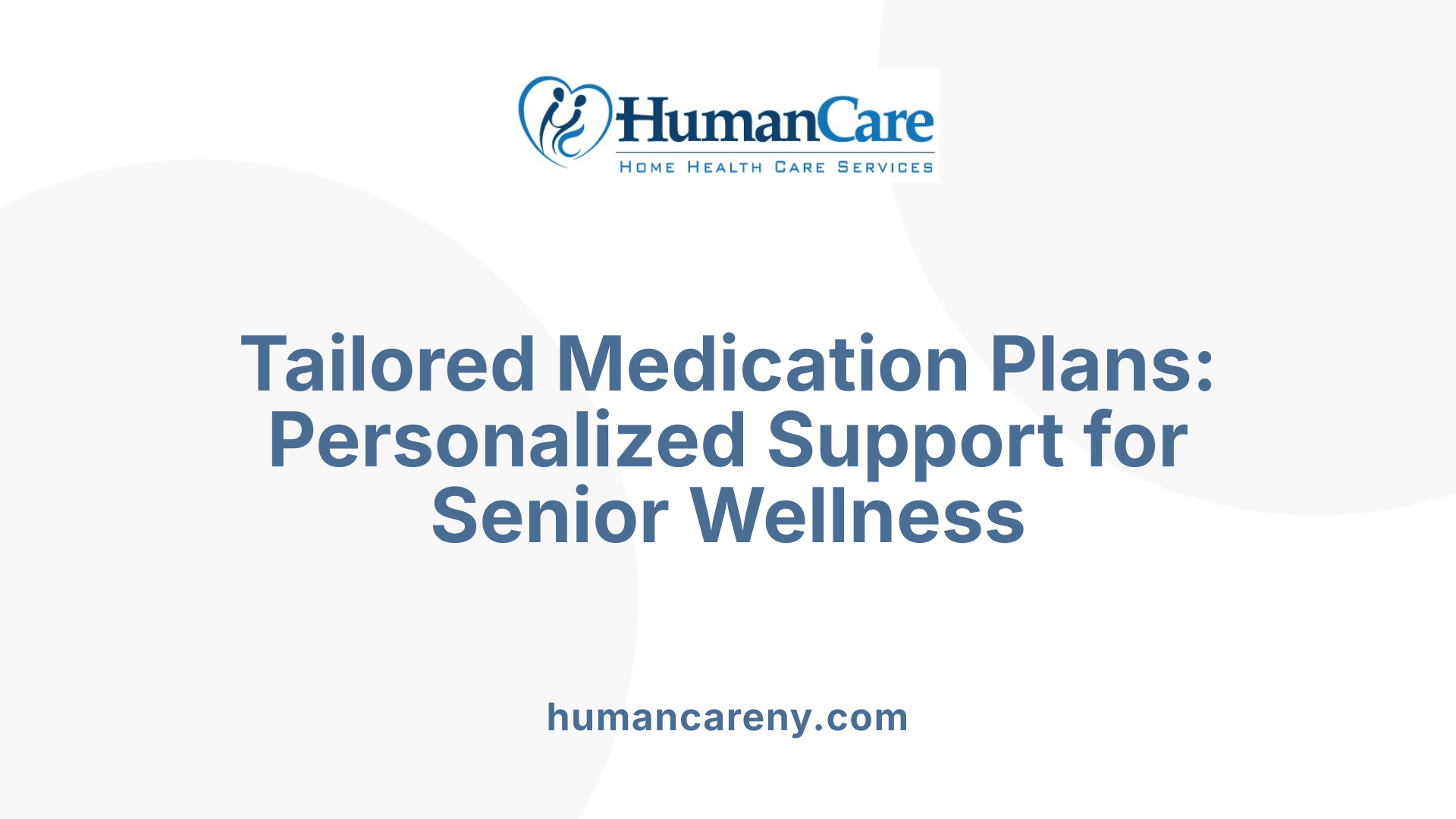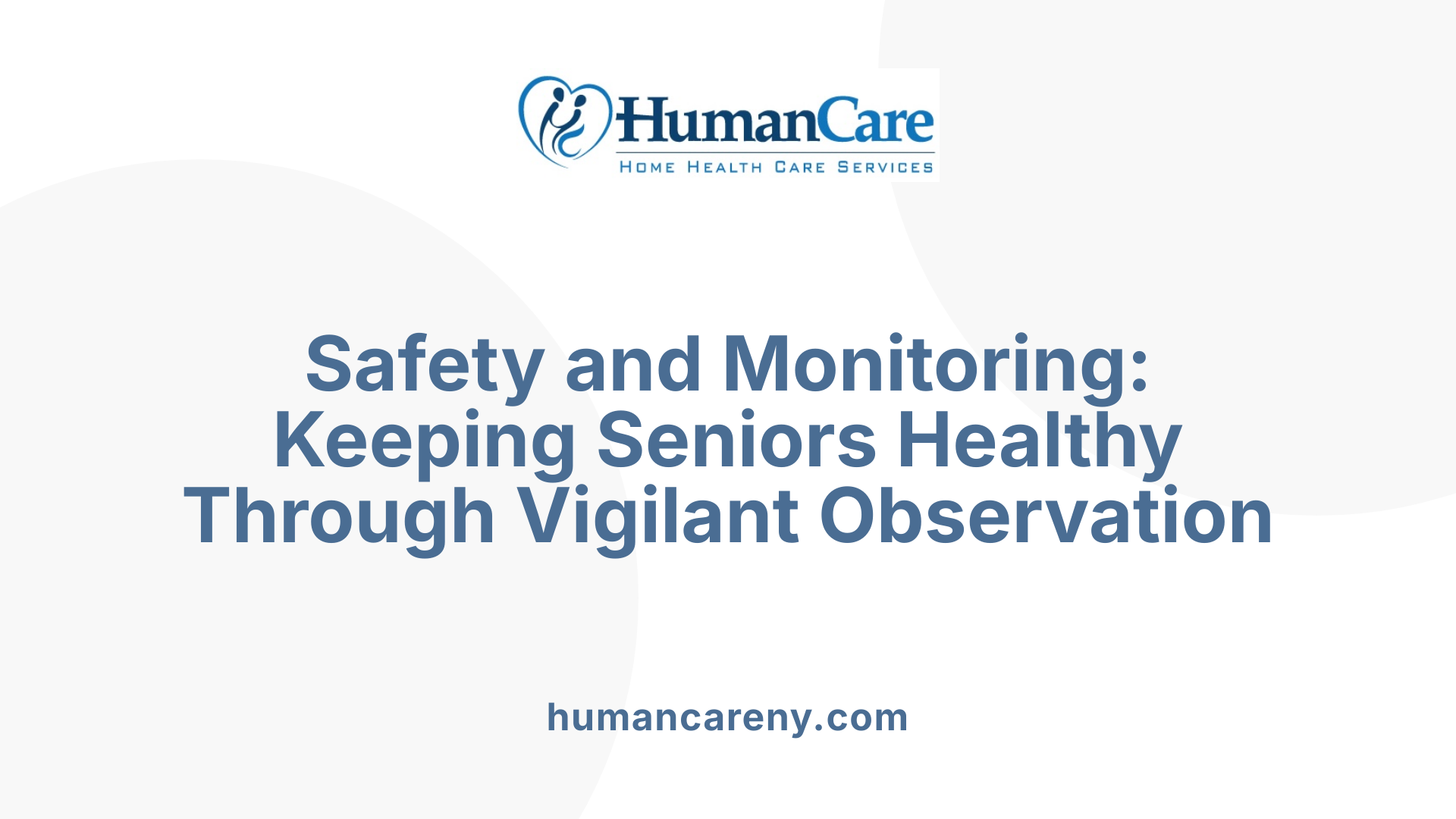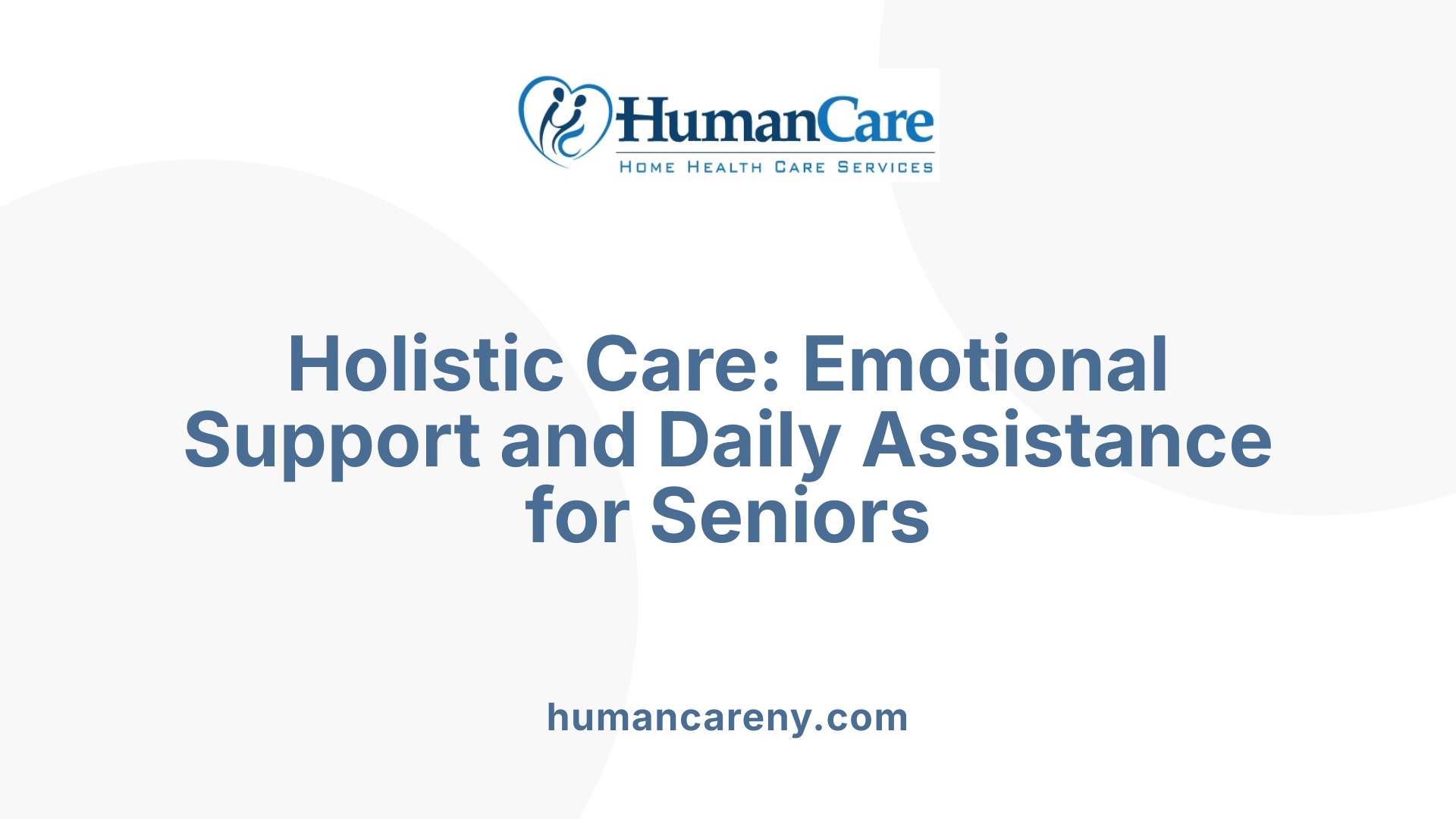The Vital Role of Companion Care in Medication Management
As the population ages, managing medications becomes increasingly important and challenging. Nearly 9 in 10 seniors take at least one prescription medication, making adherence critical to their health and safety. Companion care offers a personalized, non-medical approach to medication reminders that supports seniors in maintaining their independence and well-being at home.
Personalized Medication Management: Tailoring Support to Individual Needs

Creating Individualized Medication Plans
Companion care prioritizes personalized medication management by developing tailored medication plans that accommodate each senior's unique health needs. These plans take into account precise dosage instructions, optimal timing for medication intake, and monitoring for potential side effects. This customization helps improve adherence and ensures the care approach fits the senior’s lifestyle and medical requirements.
Considering Dosage, Timing, and Side Effects
Detailed attention is given to correct dosage amounts and timing schedules to prevent missed or double doses. Caregivers also stay vigilant for any side effects or changes in health condition, enabling prompt communication with healthcare providers. This vigilance supports proactive adjustments to the medication regimen, enhancing safety and effectiveness.
Tools to Support Medication Adherence
To foster independence and ease, companion caregivers use a variety of aids such as pill organizers that separate doses visually. Additionally, verbal reminders and technology like medication reminder apps are employed to prompt timely medication intake. These tools combine to help seniors manage multiple medications confidently, reducing risks associated with complex schedules or visual impairments.
By focusing on personalized plans and employing supportive tools, companion care effectively promotes medication adherence and contributes significantly to seniors’ health and safety at home.
Medication Reminders: Practical Tools and Techniques to Foster Adherence

Verbal Prompts and Regular Reminders
Companion caregivers play a crucial role in helping seniors manage their medications by providing consistent verbal prompts. These reminders encourage seniors to take their medications on time, promoting safety and adherence to prescribed schedules.
Use of Technology Including Medication Apps
Modern technology offers valuable tools to support medication management. Medication reminder apps send timely alerts and notifications, helping seniors remember multiple doses throughout the day. These digital aids are especially beneficial for individuals with complex medication regimens or memory challenges.
Visual Aids for Organizing Pills
Visual tools like pill organizers or labeled containers help seniors keep track of their medications. These aids reduce confusion and the risk of missed or double doses by clearly sorting pills according to dosage and timing.
Avoiding Missed or Double Doses
Medication reminders not only prompt timely intake but also reduce the risk of errors such as missed or double doses. By establishing structured medication routines through verbal cues, technology, and visual aids, caregivers foster a safer environment and help seniors maintain their health independently.
Monitoring and Safety: Supporting Health Through Side Effect Observation and Communication

Regular Observation for Side Effects and Health Changes
Companion caregivers play an essential role in the daily monitoring of seniors for any side effects or changes in their health condition related to medication use. This ongoing observation helps detect symptoms such as dizziness, allergic reactions, or changes in mood or cognition early, allowing timely interventions.
Reporting to Healthcare Providers
Caregivers act as vital communicators between seniors and healthcare providers. Upon noticing any unusual signs, they promptly report these observations to doctors, pharmacists, or nurses. This ensures that professionals receive accurate and up-to-date information about the senior’s condition, leading to better-informed decisions.
Facilitating Adjustments in Treatment Plans
Through coordination with healthcare teams, companion care supports the adjustment of medication regimens when necessary. Whether it involves changing dosages, switching medications, or managing side effects, this communication ensures that treatment plans are safe and effective.
Role of Caregivers in Preventing Medication Errors
While companion caregivers are not licensed to administer medications, their assistance in organizing medication schedules, providing reminders, and using tools like pill organizers reduces the risk of missed or double doses. These measures significantly decrease the chances of medication errors, hospitalizations, and adverse drug interactions, especially among seniors with complex prescriptions or memory challenges.
Together, these monitoring and communication efforts by companion caregivers enhance seniors’ safety and wellbeing, supporting adherence to prescribed treatments and early identification of potential health issues.
Beyond Medication: Emotional Support and Daily Assistance for Holistic Senior Care

Providing companionship to reduce loneliness
Companion care goes far beyond just medication reminders; it plays a vital role in addressing the emotional and social needs of seniors. Regular interaction with caregivers helps reduce feelings of loneliness and depression, which are common among older adults living alone. Friendly conversation, social activities, and emotional support improve mental health and contribute to a greater sense of well-being.
Assistance with grooming, meals, and light housekeeping
Daily living tasks can become challenging with age. Companion caregivers assist with grooming, ensuring seniors maintain personal hygiene with dignity and comfort. Meal preparation that respects dietary restrictions supports proper nutrition, essential for maintaining health. Additionally, light housekeeping and household chores keep the environment safe and comfortable, reducing stress for seniors.
Promoting independence and quality of life
A core aim of companion care is to help seniors preserve their independence. By supporting daily activities without overtaking them, caregivers empower seniors to live comfortably in their own homes. Whether it's assisting with transportation to appointments or encouraging participation in social events, these services enhance quality of life while respecting their autonomy.
Support with mobility and fall prevention
Safety is a significant concern for aging adults. Companion caregivers provide mobility support and help recognize potential hazards in the home environment. Their presence and assistance help prevent falls, a leading cause of injuries among seniors, thereby enhancing overall safety and confidence in daily routines.
Family Peace of Mind and Professional Support: The Advantages of Trusted Companion Care Services

Peace of mind for families
Families of seniors often experience worry about medication adherence, safety, and overall well-being when their loved ones live independently. Companion care services provide reassurance by ensuring seniors receive timely medication reminders and assistance with daily activities. This reliable support helps reduce hospitalizations linked to medication errors and chronic disease mismanagement, giving families confidence that their loved ones are in safe hands.
Coordination with healthcare providers and pharmacists
Trusted companion care agencies actively facilitate communication between seniors, family members, and healthcare professionals. Caregivers assist with setting up personalized medication schedules and tracking adherence, while monitoring for side effects or health changes. This information is relayed to pharmacists and clinicians, enabling timely adjustments to treatment plans and comprehensive care management.
Limitations of companion caregivers regarding medication administration
It is important to note that companion caregivers provide medication reminders and organizational help but are not licensed to administer medications or make medical decisions. Administration and clinical care remain the responsibility of licensed healthcare professionals such as nurses. This clear distinction preserves safety standards while maximizing support within non-medical care services.
Availability of adaptable care schedules including overnight and live-in care
Companion care services offer flexible schedules tailored to individual needs, such as hourly visits, overnight assistance, 24-hour support, or live-in caregivers. This adaptability allows families to choose the level of care that best fits their circumstances, whether it is temporary recovery support or ongoing daily assistance, ensuring continuous well-being and independence for their loved ones.
Companion Care: A Key Ally in Senior Medication Management and Well-Being
Companion care plays an essential role in helping seniors manage their medications safely and effectively while supporting their emotional and daily living needs. Through personalized medication plans, consistent reminders, vigilant health monitoring, and compassionate companionship, non-medical caregivers enhance seniors' ability to live independently and comfortably at home. Families benefit from the assurance that their loved ones receive dedicated support tailored to their unique needs, making companion care a vital element in senior health and safety.



